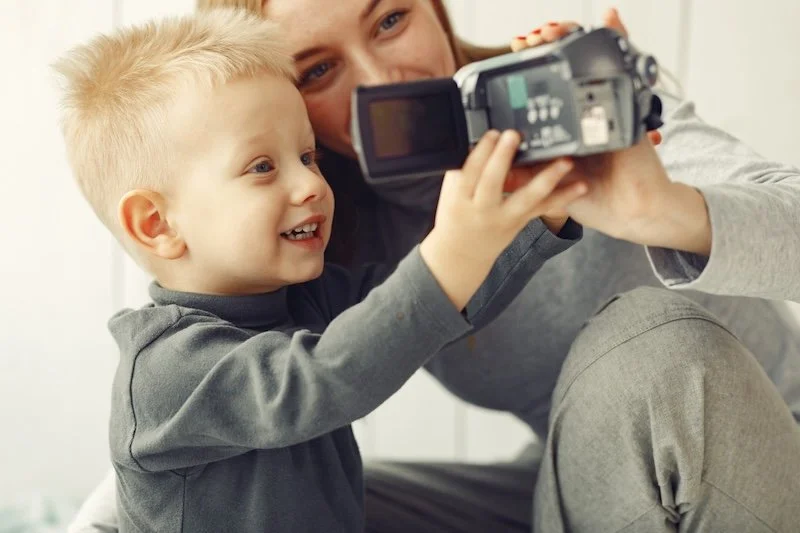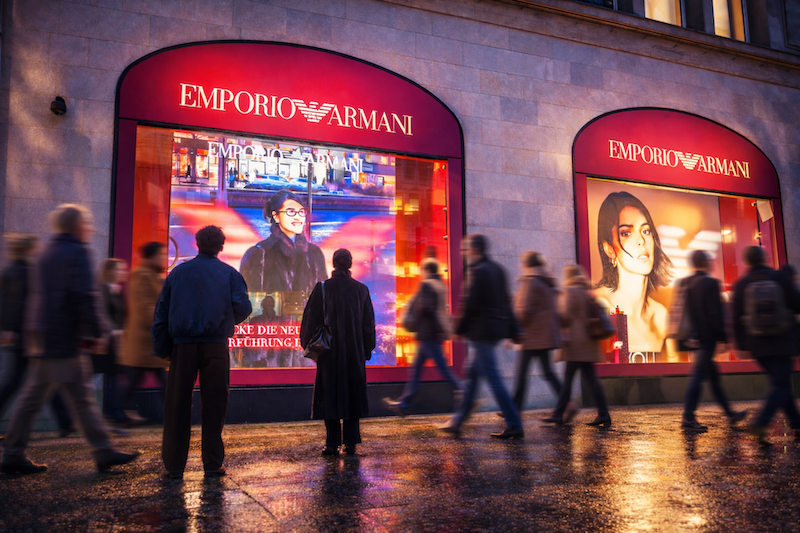RBR research flags major investment in self-checkout as demand grows beyond grocery sector
2022 was the second highest year for self-checkout shipments globally, according to a report from RBR.
More than 193,000 units were delivered, slightly below the record set the year before, largely owing to weak activity in China caused by ongoing Covid-19 restrictions; global shipments excluding China rose by 2%.
Major supermarket and hypermarket chains have long been self-checkout proponents, but increasingly the technology is being deployed by other types of retailers. In recent years, major home improvement chains and fashion brands such as Leroy Merlin and Zara are among the firms to roll-out the tech.
In addition to international chains, local retailers are also investing in this area. Examples include India’s Retail Reliance, which deployed self-checkout terminals at its Azorte fashion store in 2022, while in Malaysia the rapidly expanding chain Mr DIY has introduced the technology at its flagship store.
Activity ramped up in the USA with major chains starting roll-outs or adding more terminals to their stores.
Meanwhile, grocery retailers in developing markets are increasingly adopting the technology, with deployments at several Grupo Éxito banners in Colombia and at AEON supermarkets in Malaysia. Countries as diverse as Saudi Arabia and Thailand saw installations surge in 2022.
Retailers are increasingly deploying terminals which do not accept cash, with such units making up 62% of global shipments last year. North America saw an upsurge in deliveries of cashless machines, while adoption also remains strong in Asia.
However, many large chains offer customers a mix of cashless and cash-accepting self-checkouts, including Australia's Woolworths, which colour codes these devices to help customers quickly identify which payment type is accepted.
The technology found at self-checkout continues to diversify, with computer vision increasingly used to replace manual scanning, for example at Circle K convenience stores worldwide.
Meanwhile, RFID technology is integrated into self-checkout solutions at a wide range of retailers from fashion chain River Island in the UK to Gramedia bookstores in Indonesia.
Global self-checkout shipments are expected to return to growth as China fully opens up after pandemic lockdowns and developing markets continue to embrace the technology. By 2028, global installations are expected to reach 1.9 million.
RBR’s Jeni Bloomfield says: “With new projects at non-grocery retailers and increasing activity in developing markets from Mongolia to Kuwait, there remains strong demand for self-checkout solutions in various forms across the world.”















Continue reading…